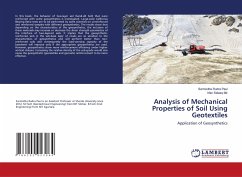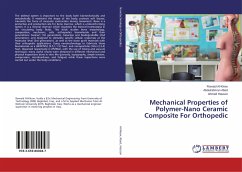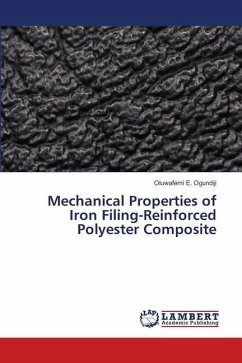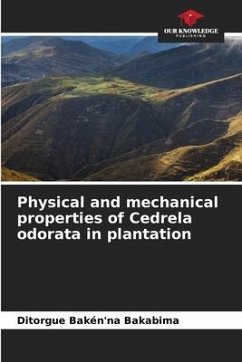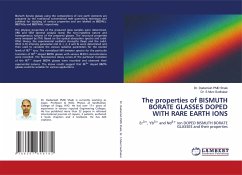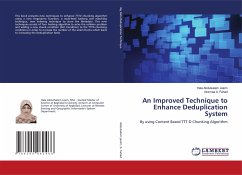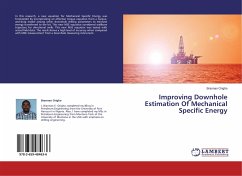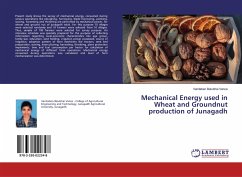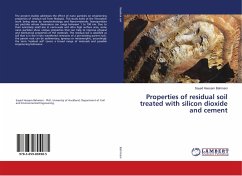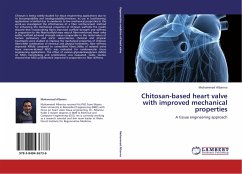
Chitosan-based heart valve with improved mechanical properties
A tissue engineering approach
Versandkostenfrei!
Versandfertig in 6-10 Tagen
39,99 €
inkl. MwSt.

PAYBACK Punkte
20 °P sammeln!
Chitosan is being widely studied for tissue engineering applications due to its biocompatibility and biodegradability.However, its use in load-bearing applications is limited due to moderate to low mechanical properties.In this work,we investigated the effectiveness of a fiber reinforcement method for enhancing the mechanical properties of chitosan scaffolds.The results showed that incorporating fibers improved scaffold strength and stiffness in proportion to the fiber/scaffold mass ratio.A fiber-reinforced heart valve leaflet scaffold achieved strength values comparable to the radial values o...
Chitosan is being widely studied for tissue engineering applications due to its biocompatibility and biodegradability.However, its use in load-bearing applications is limited due to moderate to low mechanical properties.In this work,we investigated the effectiveness of a fiber reinforcement method for enhancing the mechanical properties of chitosan scaffolds.The results showed that incorporating fibers improved scaffold strength and stiffness in proportion to the fiber/scaffold mass ratio.A fiber-reinforced heart valve leaflet scaffold achieved strength values comparable to the radial values of human pulmonary and aortic valves.Various chemical and physical treatments were studied to improve the mechanical properties of chitosan fibers.With combination of chemical and physical treatments, fiber stiffness improved 40fold compared to unmodified fibers.Utility of isolated ovine bone marrow-derived MSCs was evaluated for cardiovascular tissue engineering applications. The effect of various glycosaminoglycans (GAGs) on MSCs morphology and proliferation was evaluated. Lastly, studies showed that MSCs proliferation improved in proportion to fiber stiffness.



